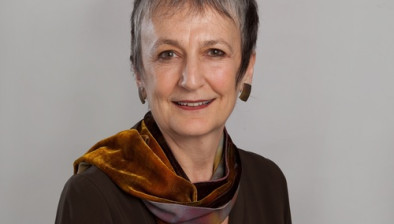Scotland’s savings gap widens as one in three households have nothing

A new analysis reveals a concerning trend in Scotland’s financial landscape, with 32% of households reporting no savings, significantly higher than the UK average of 23%.
This disparity is widening, as figures from 2023 show Scotland’s rate has increased while the rest of the UK has seen improvement.
In 2023, 29% of households in Scotland had no savings, whilst the figure for the rest of the UK was 26%, meaning the proportion without savings in Scotland has increased whilst the rest of the UK has gone in a more positive direction.
The Financial Fairness Tracker, commissioned by the abrdn Financial Fairness Trust and analysed by a team at the University of Bristol, has been monitoring the personal finances of UK households since the start of the pandemic (sample around 6,000 UK households, 880 in Scotland).
One-in-seven households in Scotland (14%) are ‘very worried’ about their overall financial situation in the next 12 months. One-in-five households in Scotland (20%) meanwhile felt that they were ‘currently struggling to pay for food or other necessary expenses’ to some extent. A similar number of households (22%) said they would need to borrow to meet their expenses if their household income fell by a third or more – compared to 18% of households in the rest of the UK.
Financial difficulties are taking a toll on households’ health and wellbeing as well. Over a third (36%) of Scottish households feel they have no control over their financial situation, while a similar proportion say that financial worries cause them to sleep poorly at night (35%) or that their financial situation is causing their mental health to deteriorate (37%).
In better news, financial confidence is substantially higher now than in 2022: at that point, two-in-five households (39%) lacked confidence in their overall financial position for the next three months; whereas this has now halved to one-in-five (20%).
Mubin Haq, CEO of abrdn Financial Fairness Trust, said: “It’s vital we all have a financial cushion to help us cope with financial shocks, such as replacing essential household goods or losing a job.
“Without any savings, everyday problems such as the fridge breaking down can push people into debt and force them to turn to high-cost lenders. What is particularly worrying is that Scotland is moving in the wrong direction with even fewer having a savings safety net, which is in stark contrast to the rest of the UK”
Professor Sharon Collard, chair in Personal Finance at the University of Bristol, said: “As the Scottish and UK governments continue to grapple with the issue of low productivity, this new data is a stark reminder that, for many households in Scotland, money worries are strongly linked to poor health and wellbeing.
“These need to be tackled in tandem if we are to see productivity growth.”







